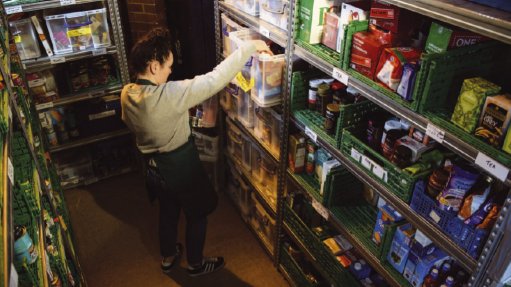
Tens of thousands of families in the United Kingdom every year do not have enough food to live on and are turning to sources of non-state charitable aid. This new phenomenon of growing hunger for some of the least well-off people in the country, has emerged alongside a wide-ranging and draconian restructuring of the country’s welfare system since 2010. With reductions in welfare support year on year, the number of people, including families with children, going hungry is rising at an alarming rate and represents a troubling development in the world’s fifth largest economy.
The right to food is a fundamental human right contained in several international treaties to which the UK has long been committed. This right, however, remains unrealized for the increasing number of people, many of whom are families with children, living on the breadline.
The UK’s largest national food bank charity, the Trussell Trust, has documented a 5,146 percent increase in emergency food parcels distributed between 2008 and 2018. In that decade this food bank network went from distributing just under 26,000 parcels a year to handing out more than 1.33 million of them. A wider network of independent food banks has sprung up across the country over the past decade to meet the needs of more people facing food poverty.
Schoolteachers, professionals working in community projects, children’s centers and social workers continue to raise alarm bells about children arriving at school hungry or families relying on schools or childcare settings to ensure children receive one hot meal a day. Many poor families in the UK report increasing hunger. This increase comes despite the efforts of domestic anti-poverty campaigners, charitable food aid organizations, schools and community centers trying to fill the gap. Government policies are either not addressing rising hunger, or worse, are exacerbating it.
The UK, as the fifth largest economy in the world with public spending at approximately 39 percent of GDP, has considerable resources at its disposal to ensure that its poorest families and children do not go hungry and fall through the net of the welfare state. Yet, the UK government is failing to do so. It is failing in particular to ensure that the changes it has made to its welfare architecture, does not leave children and families to fall through the net.
Report by the Human Rights Watch